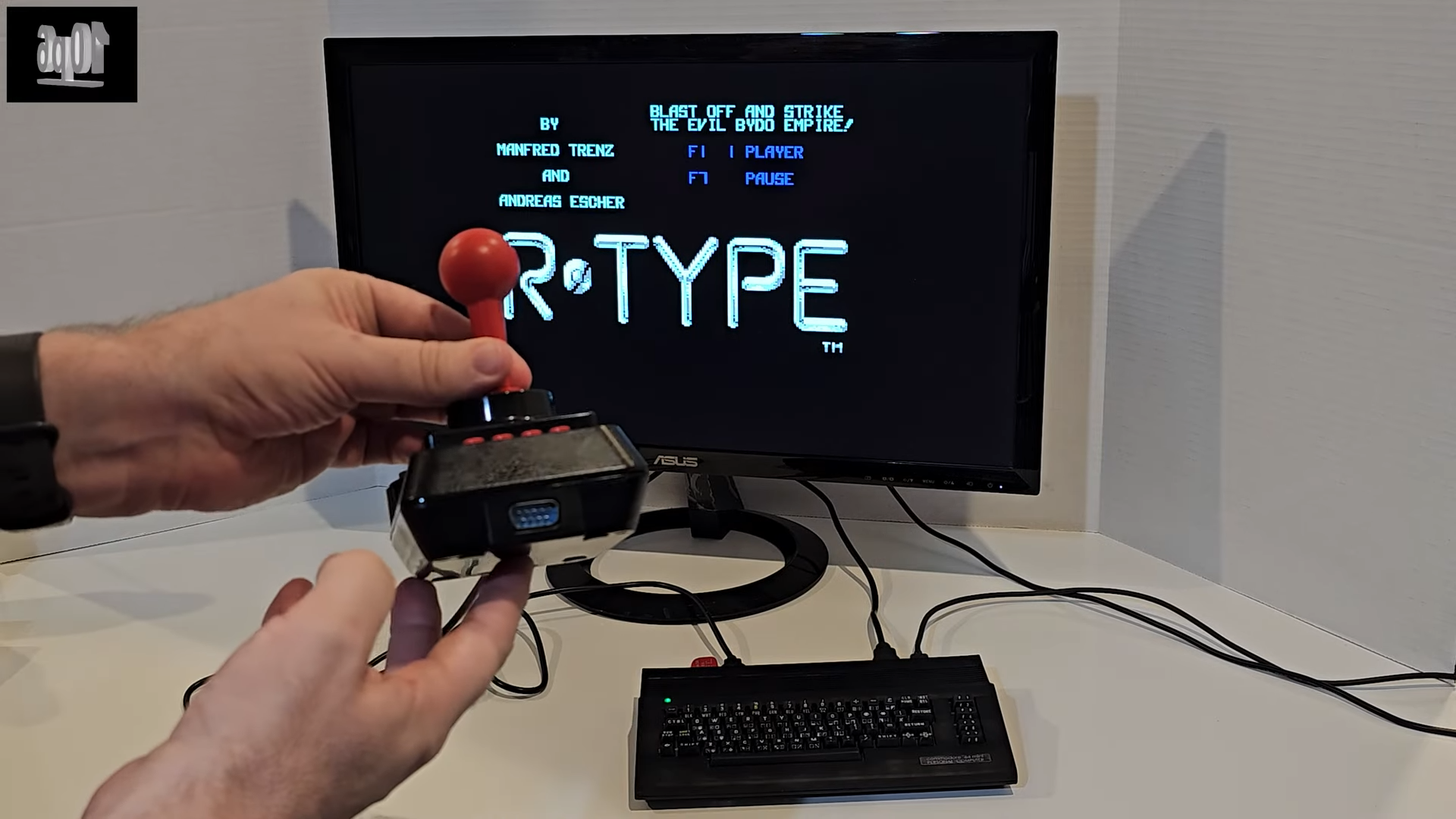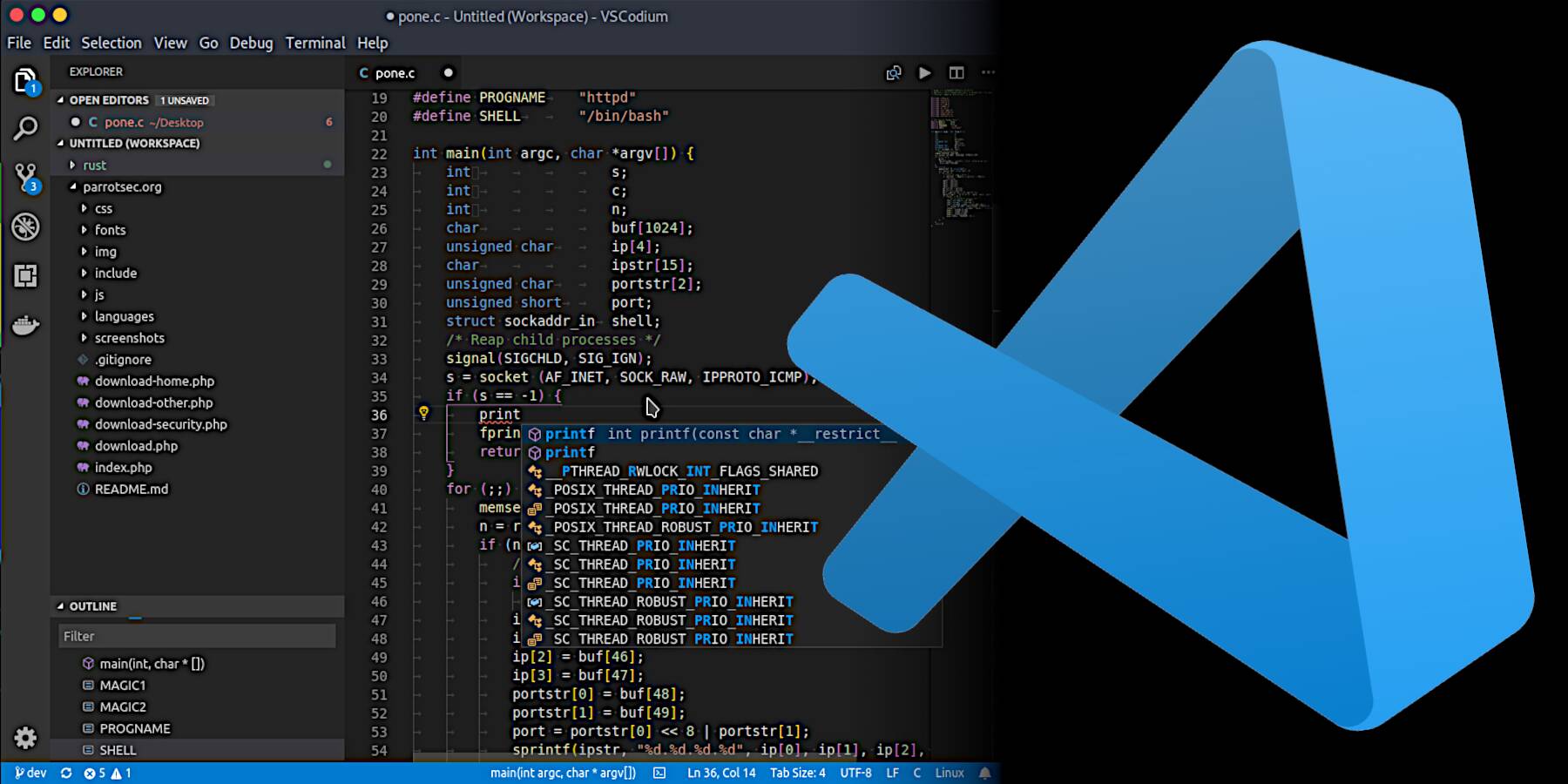Sanitize your strings in JavaScript like a Rails developer
This article, originally published on Rails Designer, is extracted from the book JavaScript for Rails Developers. Get your copy today. ✌️ Ruby (and Rails) are known for great Developer Experience. Not in the least because of the many little helpers available. JavaScript doesn't have most of these unfortunately, but luckily, as a developer, many are easily replicated. Let's look at the API I am looking for: class Editor { async #update(content) { const sanitizedContent = sanitize(content, { trimTrailingWhitespace: true }) const response = await fetch( this.updateUrlValue, { // … body: JSON.stringify({ content: sanitizedContent }) } ) // … } } sanitize(content, { trimTrailingWhitespace: true }) is what I want to implement. You could extend the options with whatever you need: sanitize(content, { trimTrailingWhitespace: true, trimLeadingWhitespace: true, maxConsecutiveNewlines: 2, maxConsecutiveSpaces: 1 // … etc. }) The code for it is quite simple really! Let's create it at: app/javascript/helpers/textSanitizers.js. // app/javascript/helpers/textSanitizers.js class TextSanitizers { } export const sanitize = (content, options = {}) => { return new TextSanitizers(content).process(options) } Above shows that the content is passed as an argument and then very likely set as an instance variable. It also needs a process method. class TextSanitizers { + constructor(content) { + this.content = content + } + process(options = {}) + return this.content.replace(/[ \t]+$/gm, "") + } } Above is all that is needed to sanitize trailing white-spaces from the content. But I want this class to be responsible for many more sanitizations! Let's set it up to be ready for that. class TextSanitizers { + availableCleaners = [ + "trimTrailingWhitespace" + ] constructor(content) { this.content = content } process(options = {}) { - return this.content.replace(/[ \t]+$/gm, "") + return Object.entries(options).reduce((result, [option, value]) => { + return this.availableCleaners.includes(option) ? this[option](result, value) : result + }, this.content) } // private + trimTrailingWhitespace(text) { + return text.replace(/[ \t]+$/gm, "") + } } The process method determines which cleaning operations need to run. When no options are passed, it defaults to an empty object ({}). Then inside the method Object.entries converts the options into an array of key-value pairs: {trimTrailingWhitespace: true} would become: [["trimTrailingWhitespace", true]]. If this seems like a lot, the book JavaScript for Rails Developers has you covered (more sanitization options included)!

This article, originally published on Rails Designer, is extracted from the book JavaScript for Rails Developers. Get your copy today. ✌️
Ruby (and Rails) are known for great Developer Experience. Not in the least because of the many little helpers available. JavaScript doesn't have most of these unfortunately, but luckily, as a developer, many are easily replicated. Let's look at the API I am looking for:
class Editor {
async #update(content) {
const sanitizedContent = sanitize(content, { trimTrailingWhitespace: true })
const response = await fetch(
this.updateUrlValue,
{
// …
body: JSON.stringify({
content: sanitizedContent
})
}
)
// …
}
}
sanitize(content, { trimTrailingWhitespace: true }) is what I want to implement. You could extend the options with whatever you need:
sanitize(content, {
trimTrailingWhitespace: true,
trimLeadingWhitespace: true,
maxConsecutiveNewlines: 2,
maxConsecutiveSpaces: 1
// … etc.
})
The code for it is quite simple really! Let's create it at: app/javascript/helpers/textSanitizers.js.
// app/javascript/helpers/textSanitizers.js
class TextSanitizers {
}
export const sanitize = (content, options = {}) => {
return new TextSanitizers(content).process(options)
}
Above shows that the content is passed as an argument and then very likely set as an instance variable. It also needs a process method.
class TextSanitizers {
+ constructor(content) {
+ this.content = content
+ }
+ process(options = {})
+ return this.content.replace(/[ \t]+$/gm, "")
+ }
}
Above is all that is needed to sanitize trailing white-spaces from the content. But I want this class to be responsible for many more sanitizations! Let's set it up to be ready for that.
class TextSanitizers {
+ availableCleaners = [
+ "trimTrailingWhitespace"
+ ]
constructor(content) {
this.content = content
}
process(options = {}) {
- return this.content.replace(/[ \t]+$/gm, "")
+ return Object.entries(options).reduce((result, [option, value]) => {
+ return this.availableCleaners.includes(option) ? this[option](result, value) : result
+ }, this.content)
}
// private
+ trimTrailingWhitespace(text) {
+ return text.replace(/[ \t]+$/gm, "")
+ }
}
The process method determines which cleaning operations need to run. When no options are passed, it defaults to an empty object ({}). Then inside the method Object.entries converts the options into an array of key-value pairs: {trimTrailingWhitespace: true} would become: [["trimTrailingWhitespace", true]]. If this seems like a lot, the book JavaScript for Rails Developers has you covered (more sanitization options included)!








































































































































































![[The AI Show Episode 144]: ChatGPT’s New Memory, Shopify CEO’s Leaked “AI First” Memo, Google Cloud Next Releases, o3 and o4-mini Coming Soon & Llama 4’s Rocky Launch](https://www.marketingaiinstitute.com/hubfs/ep%20144%20cover.png)














































































































































































































































.jpg?#)


















































































































































![Apple to Shift Robotics Unit From AI Division to Hardware Engineering [Report]](https://www.iclarified.com/images/news/97128/97128/97128-640.jpg)

![Apple Shares New Ad for iPhone 16: 'Trust Issues' [Video]](https://www.iclarified.com/images/news/97125/97125/97125-640.jpg)




































































































































